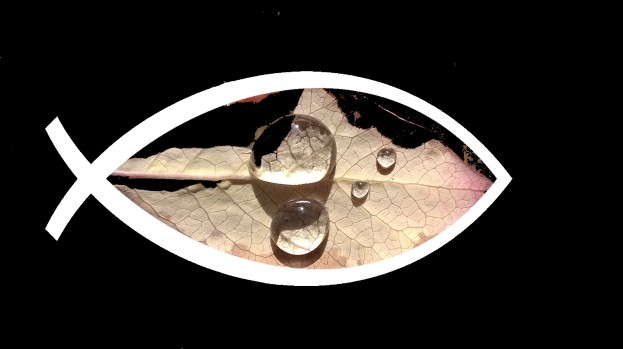My Tai Chi teacher had an annoying knack for being right and gaining the moral high ground in any aspect regarding his teachings.
I resent it. I don’t deny he’s right, but I still resent it. Maybe it’s because he’s right. This means the sensible thing for me to do is to take note of it regardless of how I feel.
One beginner’s lesson went like this.
We practised the “Heaven and Earth” movement for about ten minutes. One of the simplest ones in Tai Chi but also one of the most profound. At our level, however, it was more a matter of getting it right, without tension and stiffness before we could even think about the deeper philosophies it represented. Took us quite a while to even realise where we were tense and force, usually when “trying” to do it in a relaxed manner and even longer to fix that.
There was the curious and very specific instruction to ignore our breathing throughout. Which is odd because this was taught as a Qi Gong exercise which literally translates to “breath work”.
Then we dropped Heaven and Earth and went on the simply standing still and breathing. With the same issues. Tense, stiff, especially when”trying” to breathe naturally and in a relaxed way. Same process, took ages to even realise where the tension was, and even longer to fix it.
Then we combined both components. Do the movement with the breathing. Dramatic improvement. It was so much easier to do the movement and breathe naturally.
Then came the discussion after the lesson. Does the movement help the breathing? Clearly yes. Does the breathing help the movement? Also, clearly yes. Which is the more important? Which serves the other? Do we do Heaven and Earth to regulate the breathing? Or do we regulate the breathing to do Heaven and Earth?
Cue animated discussion from beginners. With ideas and opinions ranging from the (seemingly) profound to the downright ludicrous. After a while, we split into two camps, each strongly supporting opposite views to the other. Eventually, we talked ourselves out, realised anything further would be very obvious bullsh*t, so we fell silent and waited expectantly for my teacher to give the correct answer, validating my one side and humiliating the other.
When he realised we were finally done pontificating to each other, he blinked out of his daydream, and brightly said, “Who cares?”
And ended the lesson there.
The real lesson seems to have been this: As in my previous post, I often do wonder about the habits of successful people. When interviewed, they say, or at least imply, the secrets of their success are such and such things they do every day. I often suspect it’s the other way round: Because they are successful, so they can do such and such.
Hidden not too deeply behind my doubts is simply me looking for an excuse for me not to have to do what they do. But as my Tai Chi teacher pointed out in that lesson – we can do the movement, we can do the breathing, we can do both together. He later said for these things, it was often quicker for students to just do and figure the principles out for themselves than for him to teach it.
So for me, it is as it says in the Big Book of AA: “There is a principle which is a bar against all information, which is proof against all arguments and which cannot fail to keep man in everlasting ignorance – That principle is contempt prior to investigation – Herbent Spencer”.
My teacher said it was actually quicker and easier to just try a movement, or test a Tai Chi fighting principle than to try and teach or explain it.
Or, as my first sponsor told me in exasperation when I was trying to wiggle my way out of his suggestions, “Do first, ask questions later. It’s the easy way.”

